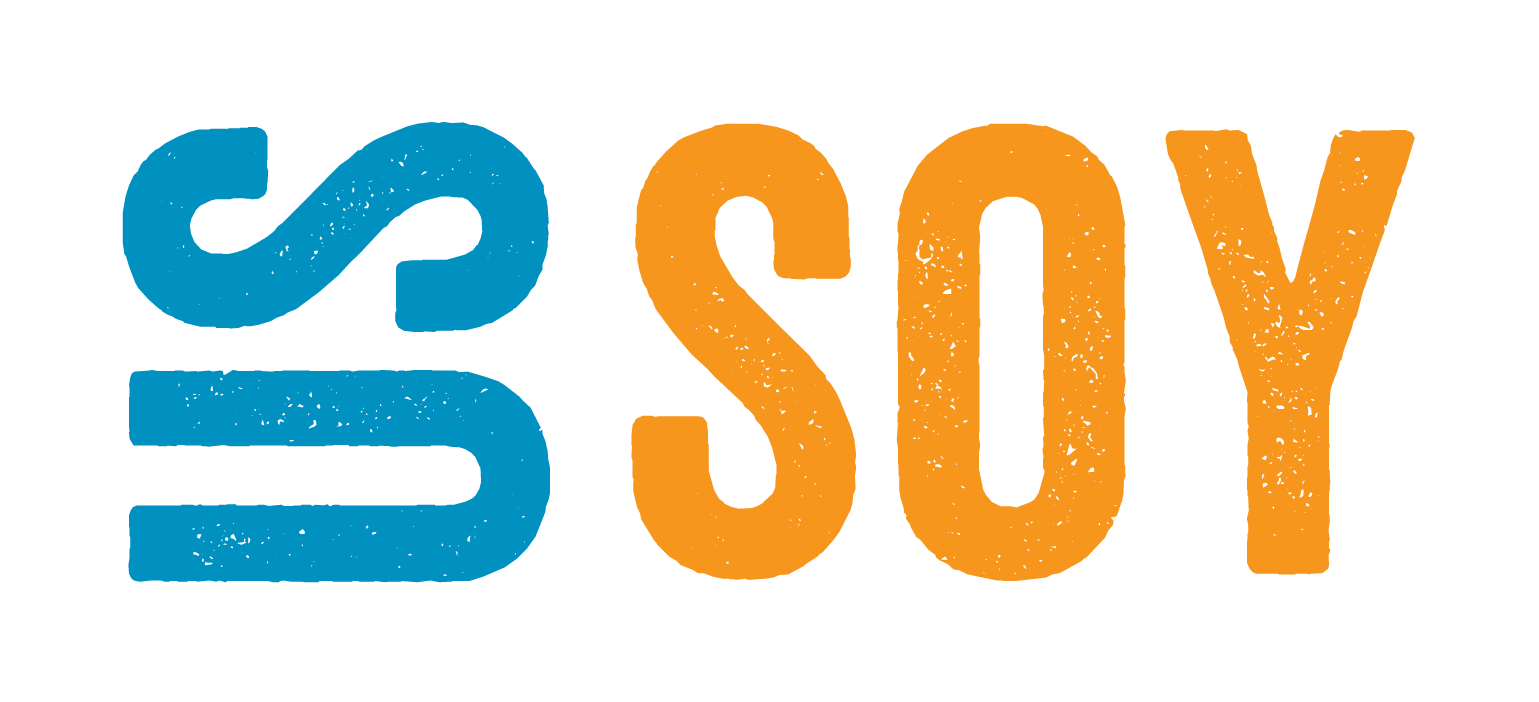SoyFoam Offers Safer Choice for Firefighters
Soybeans grown in fields surrounding communities across the U.S. will soon be used to fight fires while protecting the environment from harsh chemicals. SoyFoam TF 1122™, made with U.S. soy flour, is used by firefighters to extinguish ordinary combustible and flammable liquid fires.
Developed by Cross Plains Solutions (CPS), SoyFoam TF 1122™ is a breakthrough smothering agent designed to extinguish Class A and B fires. It is also free from intentionally added PFAs chemicals and contains no detectable fluorines (less than one part per million).
“U.S. soybean farmers are excited that the crop we grow now offers a sustainable solution to benefit the health of firefighters, all our communities and the environment in general,” said USB Director Neal Bredehoeft, a Missouri soybean farmer. “SoyFoam is made with U.S. soy flour and is an important new market opportunity, too.”
EPA reports that PFAs are found in water, air, fish, and soil across the nation and the globe. Since the 1950s, PFAs have been used in many products to put out fires, repel oil and water, reduce friction, and more. They can leak into the environment where they are made, used, disposed of or spilled.
Exposure to PFAs is linked to several adverse health effects, including certain cancers, thyroid dysfunction, changes in cholesterol and small reductions in birth weight. As a result, governments are prohibiting firefighting foams that contain intentionally added PFAs.
Cross Plains Solutions’ SoyFoam TF 1122™ is the first and only firefighting foam GreenScreen Certified® at the Gold level. U.S. soybean farmers have supported much of the extensive testing of SoyFoam’s environmental and performance benefits for use as a safer firefighting foam. GreenScreen Certified, owned by the non-profit Clean Production Action, is an independent, certification program that promotes the use of PFAs-free and preferred chemicals in materials, products, and manufacturing.
“We are proud to partner with the United Soybean Board to launch this breakthrough firefighting foam for use by fire departments across the nation,” said CPS’s Managing Partner, Alan Snipes. “Our manufacturing plant in Georgia is ready to produce SoyFoam now, so fire departments can ask their suppliers to offer it. We also see demand for numerous additional applications, ranging from canisters to sprinkler systems.”
The new firefighting foam is compatible with existing equipment, making it convenient to use and compatible with current systems.
Thomas Frisch, a soybean farmer from Dumont, Minnesota and a 23-year volunteer firefighter, is proud that the soybeans he grows in his fields could be used in the firefighting foam his local fire department uses to protect his community.
“I think there would be a lot of interest in using SoyFoam because many of the people on rural volunteer fire departments either work on a farm, in the ag industry or are farmers themselves,” Frisch says. “There are very few people on our fire department who are not involved in ag in some way. It never ceases to amaze me the things soybeans do each and every day.”
SoyFoam is a wetting / smothering agent certified as readily biodegradable by the Organization of Economic Cooperation and Development and certified as 84% biobased through the U.S. Department of Agriculture BioPreferred® program.
Robb Ewoldt, a farmer leader from Davenport and former volunteer firefighter in Iowa, is always amazed at the new uses of the soybeans he grows.
“The people coming up with these ideas are outside-the-box thinkers,” he says. “Who would’ve thought that a farmer from Iowa could grow something that would end up fueling jets to fly across the country and foam to fight fires? I wouldn’t have thought of it in my wildest dreams.”
Because biobased products have the potential to create new markets for soybeans, U.S. soybean farmers have invested millions of dollars in research, testing, and promotion of biobased products. Much of this work was done through the United Soybean Board, composed of 77 U.S. soybean farmers appointed by the U.S. Secretary of Agriculture to invest in soybean checkoff funds.

